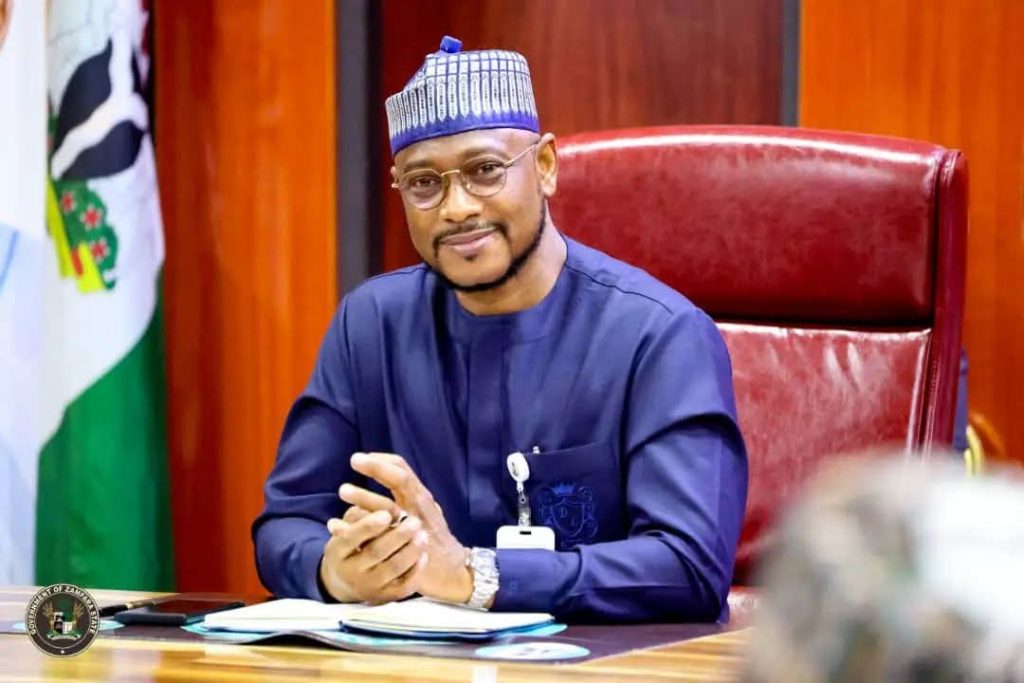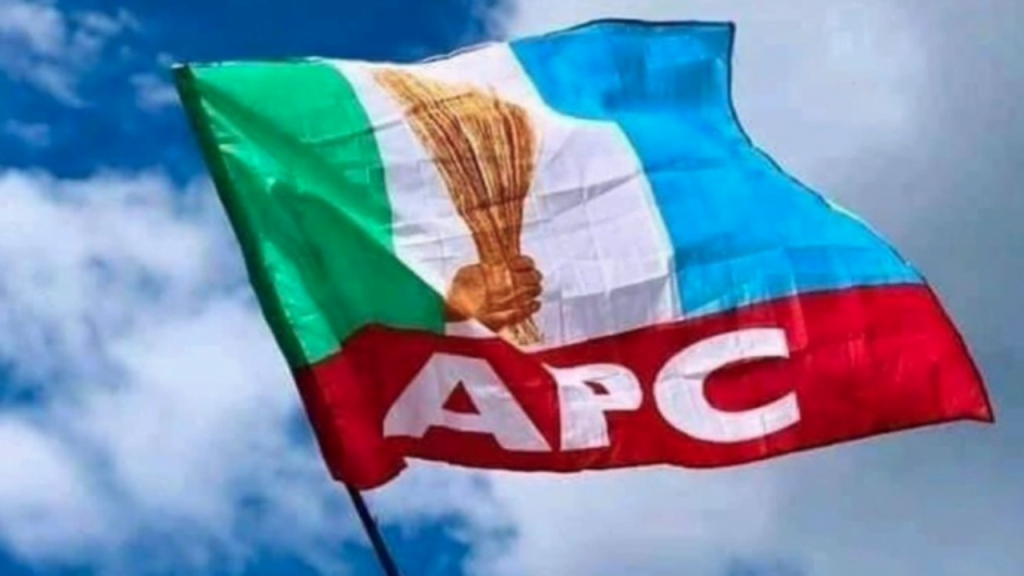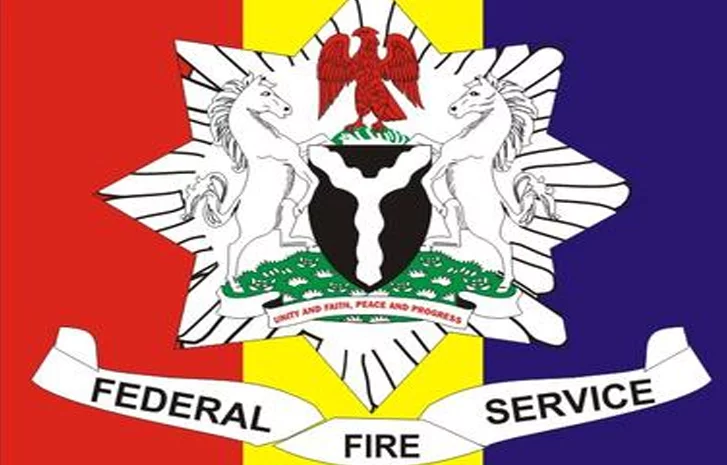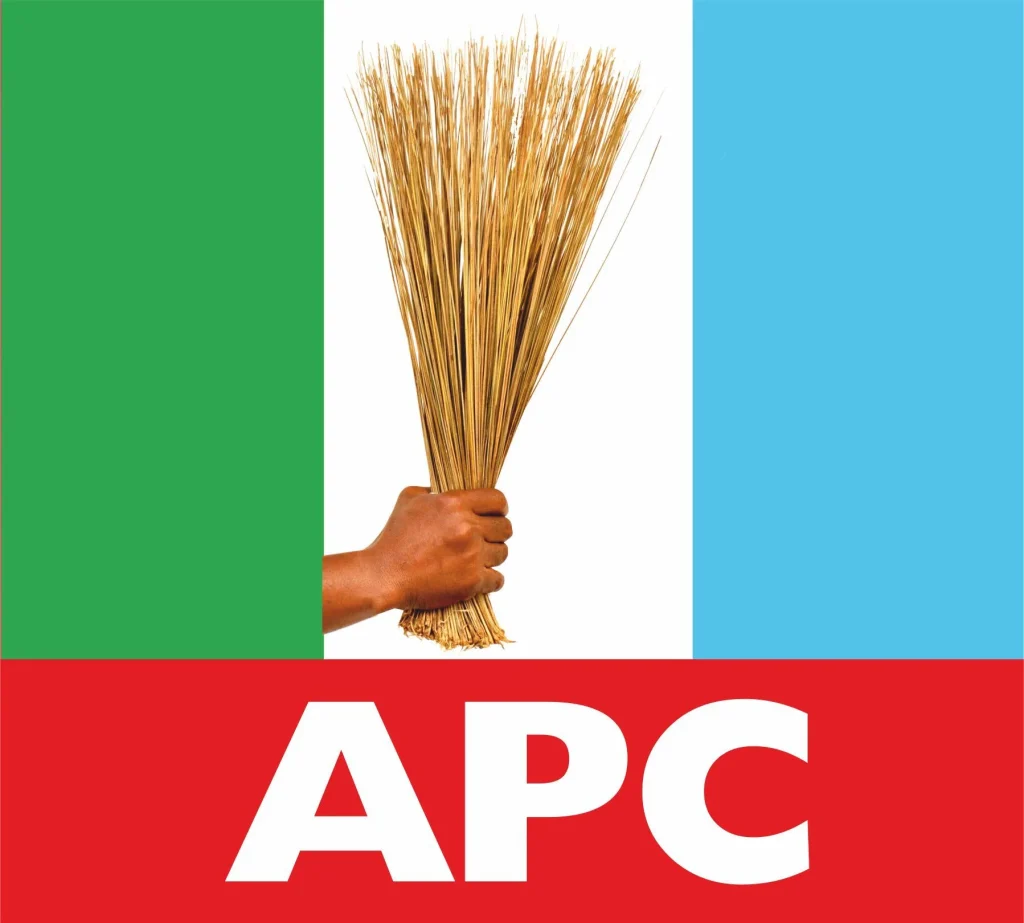President Bola Tinubu attended a funeral service at the Church of Christ in Nations in Jos, Plateau State, on Saturday. The service was for Nana Lydia Yilwatda, the mother of Professor Nantewe Yilwatda Goshwe, the National Chairman of the All Progressives Congress.
As a Muslim from Lagos State, President Tinubu’s presence at the church service underscores his connection to the Christian community through his wife, Remi, an ordained Assistant Pastor with the Redeemed Christian Church of God. This interpersonal connection is notable, given the controversy surrounding his decision to run on a Muslim-Muslim ticket in the 2027 presidential election. The choice sparked widespread criticism from Nigerians who advocated for a more balanced ticket, preferring a northern Christian as his running mate to ensure religious representation.
The funeral service provided an opportunity for President Tinubu to pay his respects and demonstrate solidarity with the family of Professor Goshwe. It also highlights the complexities of Nigeria’s religious landscape and the challenges of navigating these dynamics in political contexts. President Tinubu’s attendance at the church service is a gesture of respect and unity, acknowledging the significance of interfaith relationships in the country’s social and political fabric.
In a country with a substantial Christian population, particularly in the northern regions, President Tinubu’s actions are scrutinized for their implications on religious harmony and national cohesion. His decision to attend the funeral, despite potential political overtones, signifies an effort to bridge gaps and foster understanding between different religious groups. As Nigeria continues to evolve politically and socially, such gestures are crucial in promoting a sense of inclusivity and shared citizenship among its diverse population.
The presence of high-profile figures like President Tinubu at significant events such as this funeral service serves as a reminder of the importance of respecting and acknowledging the religious diversity that characterizes Nigerian society. It remains to be seen how these gestures will impact the broader political and social landscape, but for now, they represent a step towards reconciliation and mutual respect in a country grappling with issues of identity, faith, and governance.



